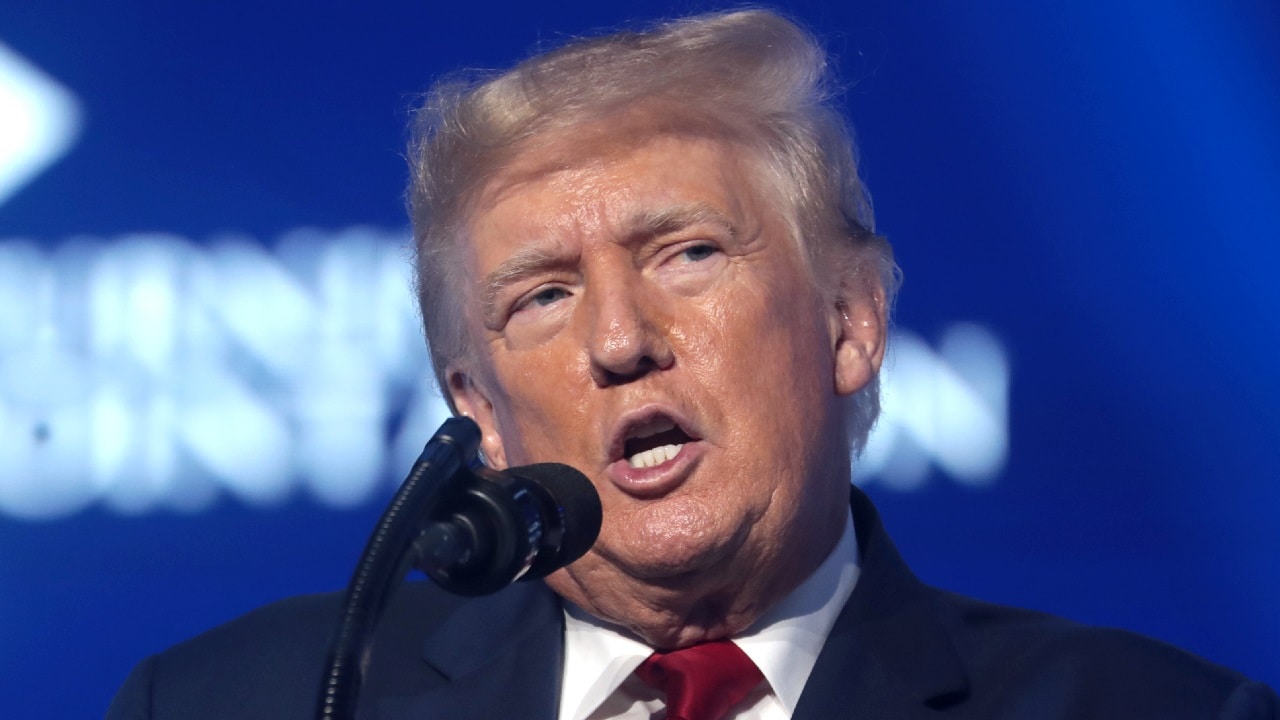We have been liberated! Yesterday, President Trump announced the imposition of a vast array of tariffs on nearly every country.
The tariff barriers make the United States the most protectionist major economy in the world and indeed rival the highest barriers that the US has ever imposed on imports.
It’s not clear yet what we’re being liberated from, but for now, the best bets seem to be “job security,” “prosperity,” and “a healthy 401k.”
Trump’s Tariffs Will Have Bite
It was not immediately obvious how the Trump administration arrived at the tariff rates, which bear no clear relationship to the actual tariff rates in the targeted countries. James Surowiecki determined that the numbers tend to be a crude calculation involving the US trade deficit divided by exports to the US.
If we are to take this seriously (and the tariffs are quite serious business, even if their intellectual foundation is anything but serious) it suggests that the Trump administration considers it America’s right to have a trade surplus with every country in the world, a goal that would need several rounds of therapy and medication to ascend to the level of “criminally insane.”
The Tariffs Make No Sense
Let’s be clear: These tariffs are horrible for the US economy (and especially US consumers) even if no other country raises its rates.
Modern industrial supply chains cross national borders, meaning that even goods which are largely assembled in the United States are dependent upon imports from foreign countries.
Thus, the tariffs will (at the beginning at least) increase the costs of both foreign and domestic goods. If the tariffs persist, over time they will produce a massive change in the US economy, with production “reshoring” and some degree of higher manufacturing output. This will not, we should hasten to note, lead to greater prosperity. The logic of comparative advantage is harsh and unyielding; if Americans as workers benefit, Americans as consumers will suffer.
President Trump’s reasoning for the tariffs is puzzling and obscure. As with much of Trump’s rhetoric, the logic of tariffs is simply fantasy. Foreign countries have not looted, pillaged, or raped the US through unfair trade practices, and jobs and factories will not “come roaring back,” and the United States will not “be wealthy again.” The US is already staggeringly wealthy, and the unemployment rate has been at historic lows for most of the last decade.
Moreover, the US economy has grown more vigorously than almost any other developed economy over the past three decades. The unfortunate cult of personality that has developed around Trump in the Republican Party has precluded any sober minded analysis, with the few dissenters castigated as “disloyal.”
What prospect for rollback? Trump has issued a number of exemptions to the tariffs he has already levied on foreign countries, generally at the behest of his political supporters and business partners.
These exemptions are much easier to manage when they involve a small number of targets than with the huge number of countries that Trump targeted yesterday. Moreover, as Connecticut Senator Chris Murphy has pointed out, Trump can use exemptions as tools for either targeting his domestic opponents or rewarding his biggest supporters. This effectively places the trade policy of the United States at the service of Trump’s political program.
The geopolitics of this maneuver are equally puzzling. Trump’s disdain for US allies is well known, and long-term friendship with the United States offered no protection. Some US competitors face very stiff increases (China especially), but so do several of America’s most important trade partners.
Some Benefit? Well…
Disconnecting the US from China may, in the long term, be of some geostrategic benefit, but disconnecting from Europe and North Asia most definitely is not. Although we do not yet have a full picture, many trade partners will undoubtedly throw up reciprocal tariffs against the United States, deepening the impact of Liberation Day.
If the economists are right, and they have a great many years of experience and theory at their backs, the effects on the United States will be devastating. Stock futures are plunging. Jobs will be lost in both the industrial and the service sector as the prices of inputs rise.
Industries depending on exports will suffer dreadfully, depending on how exposed they are to foreign retaliation. American consumers will face rapidly increasing prices, a situation that may moderate in the short-term based on job losses and the long-term based on a restructuring of the economy.
Trump is changing the way the world does business, but in a way that almost certainly will make everyone worse off.
About the Author: Dr. Robert Farley
Dr. Robert Farley has taught security and diplomacy courses at the Patterson School since 2005. He received his BS from the University of Oregon in 1997, and his Ph. D. from the University of Washington in 2004. Dr. Farley is the author of Grounded: The Case for Abolishing the United States Air Force (University Press of Kentucky, 2014), the Battleship Book (Wildside, 2016), Patents for Power: Intellectual Property Law and the Diffusion of Military Technology (University of Chicago, 2020), and most recently Waging War with Gold: National Security and the Finance Domain Across the Ages (Lynne Rienner, 2023). He has contributed extensively to a number of journals and magazines, including the National Interest, the Diplomat: APAC, World Politics Review, and the American Prospect. Dr. Farley is also a founder and senior editor of Lawyers, Guns and Money.

